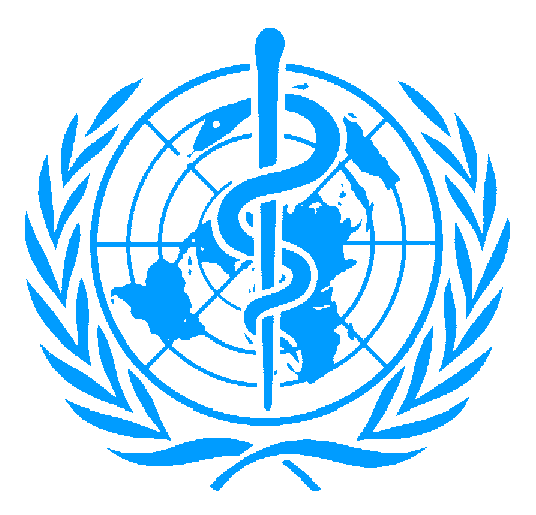WHO says no to Foundation

The World Health Organization has said that it will not engage with the Foundation for a Smoke-Free World, the establishment of which was announced on September 13.
The Foundation is led by Derek Yach, an anti-smoking crusader who, while working at the WHO, was the primary architect of that agency’s Framework Convention on Tobacco Control (FCTC).
The Foundation has secured initial funding of about $80 million annually during the next 12 years, beginning in 2018, from Philip Morris International, but it expects to receive funding from other sources.
In a note posted on its website, the WHO said the UN General Assembly had recognized a “fundamental conflict of interest between the tobacco industry and public health”.
WHO member states, it added, had stated that “WHO does not engage with the tobacco industry or non-state actors that work to further the interests of the tobacco industry”. Who would therefore not engage with the new Foundation.
WHO quoted Article 5.3 of the FCTC, saying that the guidelines for its implementation stated clearly that governments should limit interactions with the tobacco industry and avoid partnership. These guidelines were explicit in saying that governments should not accept financial or other contributions from the tobacco industry or those working to further its interests, such as this Foundation.
WHO’s view is that strengthening implementation of the FCTC in relation to all tobacco products remained the most effective approach to tobacco control. Policies such as tobacco taxes, graphic warning labels, comprehensive bans on advertising, promotion and sponsorship, and offering help to quit tobacco use had been proven to reduce demand for tobacco products.
‘If PMI were truly committed to a smoke-free world, the company would support these policies,’ the WHO said. ‘Instead, PMI opposes them. PMI engages in large scale lobbying and prolonged and expensive litigation against evidence-based tobacco control policies such as those found in the WHO FCTC and WHO’s MPOWER tobacco control, which assists in implementation of the WHO FCTC.’
WHO admitted that there were many unanswered questions about tobacco harm reduction, but it said the research needed to answer these questions should not be funded by tobacco companies. The tobacco industry and its front groups had misled the public about the risks associated with other tobacco products. ‘This includes promoting so-called light and mild tobacco products as an alternative to quitting, while being fully aware that those products were not less harmful to health,’ the WHO said. ‘Such misleading conduct continues today with companies, including PMI, marketing tobacco products in ways that misleadingly suggest that some tobacco products are less harmful than others.’
This decades-long history meant that research and advocacy funded by tobacco companies and their front groups could not be accepted at face value. ‘When it comes to the Foundation for a Smoke-Free World, there are a number of clear conflicts of interest involved with a tobacco company funding a purported health foundation, particularly if it promotes sale of tobacco and other products found in that company’s brand portfolio,’ the WHO said. ‘WHO will not partner with the Foundation. Governments should not partner with the Foundation and the public health community should follow this lead.’
The full WHO statement is at: http://www.who.int/mediacentre/news/statements/2017/philip-morris-foundation/en/.